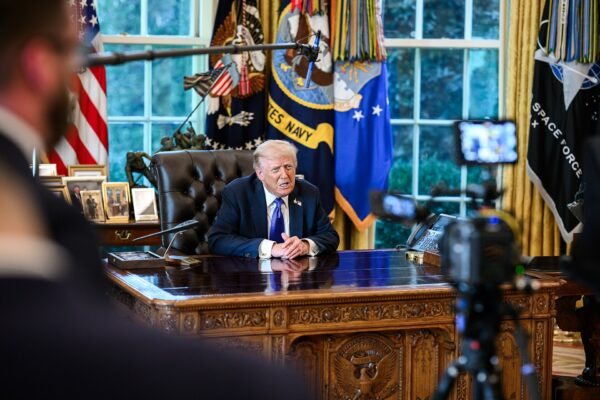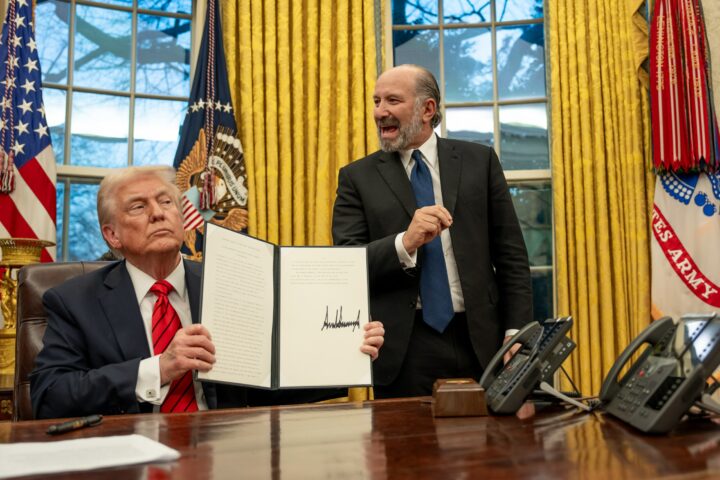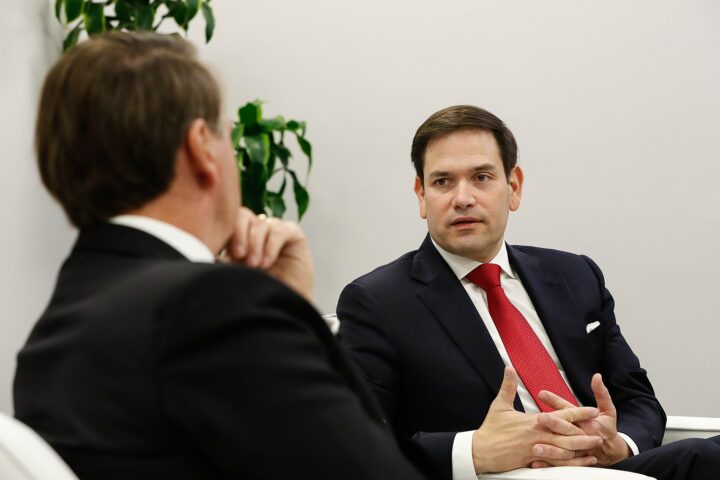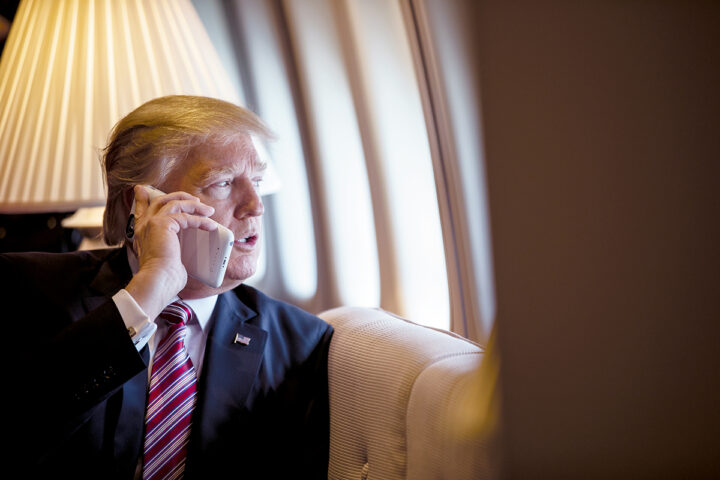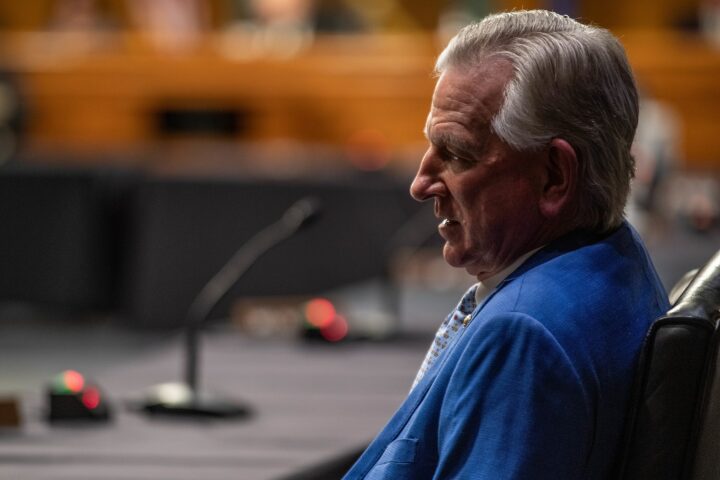President Donald Trump, intensifying his administration’s focus on public safety, suggested on Tuesday that the National Guard may not be sufficient to address rising crime in several American cities and signaled that further military resources could soon be deployed.
Speaking to U.S. service members aboard the USS George Washington at the Yokosuka Naval Base in Japan, the president underscored what he views as an unacceptable deterioration of safety in major metropolitan areas. “We have cities in trouble. We can’t have cities that have trouble,” Trump said, emphasizing the urgency of his strategy. “We’re sending in the National Guard and we need more than the National Guard.”
His message was pointed and unmistakable: restoring order in U.S. cities, he argued, may require stronger intervention. “We’ll send more than the National Guard, because we’re going to have safe cities,” he said. “We’re not going to have people killed in our cities. And whether people like that or not, that’s what we’re doing.”
The president has already taken unprecedented steps to deploy National Guard forces to several large cities, including Los Angeles, Washington, D.C., Memphis, Chicago and Portland — areas where violent crime and illegal immigration remain significant challenges. His administration has framed the moves as necessary to “combat crime and enforce immigration law,” positioning the federal government as a decisive actor where local leadership has faltered.
Trump’s critics, however, have accused the administration of selectively targeting cities run by Democratic mayors, most of them in blue states. They contend the deployments represent political overreach rather than public safety measures. Legal battles have followed, as local officials have pushed back against the federal presence they did not request.
Yet the administration appears buoyed by recent judicial developments. Last week, a federal appeals court ruled that Trump could continue deploying troops across Oregon, handing the White House what it described as a significant legal victory in its effort to stabilize Portland. The ruling effectively affirmed the president’s authority to act swiftly when he deems local conditions insufficient to protect residents and property.
For the administration, such rulings signal tacit acknowledgment of the White House’s argument that crime has reached a level requiring national coordination and stronger enforcement. As Trump continues to warn against “people killed in our cities,” he is betting that voters — particularly those in communities where crime is surging — will support his willingness to take enterprise-level action.
His message to the troops in Japan suggested a clear through line from domestic safety to national security: the United States, he insisted, cannot project strength abroad if chaos is allowed to flourish at home. In his view, the obligation to ensure stability transcends political boundaries.
Whether embraced or contested by local governments, Trump’s push to bolster security in America’s cities marks a dramatic expansion of federal involvement in urban policing — and a defining test of his promise to deliver safer streets across the nation.
[READ MORE: CBS’s New Conservative Courtship Under Bari Weiss]

